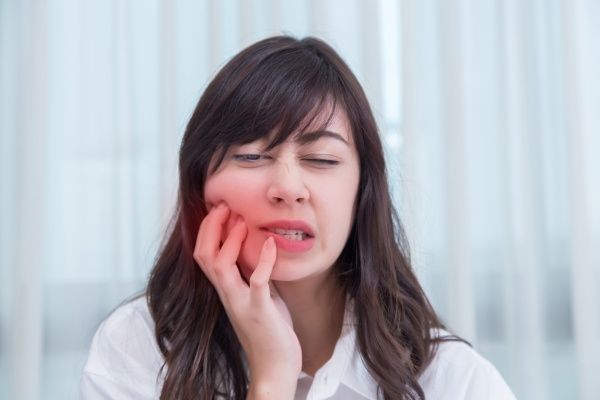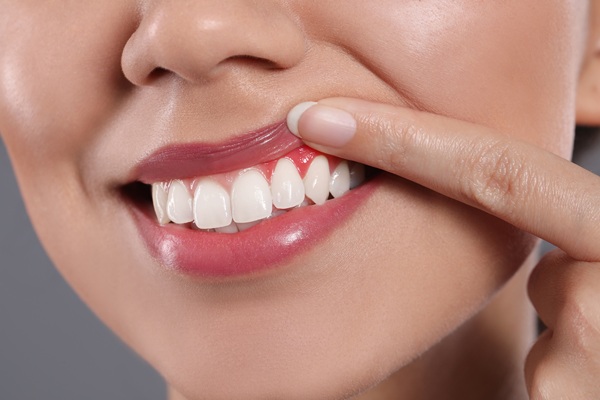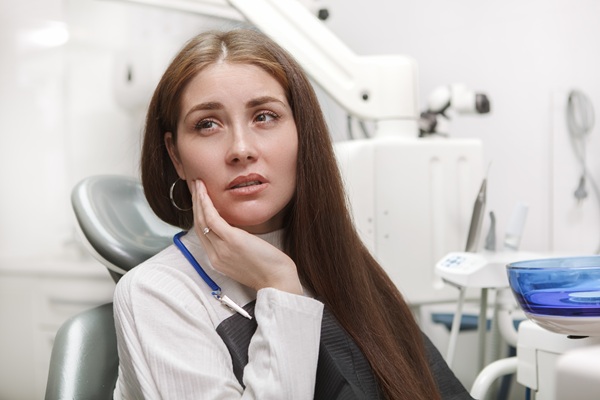3 FAQs About Dental Emergencies

Dental emergencies can leave people in a lot of pain and some can cause permanent damage or require extensive treatment if the condition does not get treated quickly. If a person has a dental emergency and is unable to see the dentist, they should go to an emergency dentist to get the problem taken care of. In some cases, people who are experiencing pain in their mouths do not know if this is considered an emergency. These frequently asked questions should help clear things up.
3 frequently asked questions about dental emergencies
Some of the most common questions people have about dental emergencies include:
What should I do if I have a toothache?
Toothaches can be very painful. Fortunately, a person can get relief from the pain before going to see an emergency dentist by thoroughly rinsing the mouth out with warm water and using dental floss to remove food particles that are stuck between the teeth.
If the toothache causes swelling in the mouth, the patient can apply a cold compress on the outside of the mouth above the swelling to reduce it. Patients can also take aspirin or painkillers for the pain but should never apply it to the gums surrounding the affected tooth because it can damage the gum tissues.
What should I do if my tooth is broken or chipped?
For a broken or chipped tooth, patients are advised to save any of the fallen pieces before rinsing their mouth and the recovered pieces of the tooth with warm water. If there is bleeding, the patients should put a piece of gauze on the affected area until the bleeding stops. Patients can also apply a cold compress on the affected area to reduce swelling and relieve the pain before going to see the dentist.
What if I lose my dental crown?
If the person loses a dental crown, they should schedule an appointment with the dentist to get it taken care of as soon as possible. If patients cannot see the dentist immediately and are in a lot of pain, they can get some relief by applying clove oil to the sensitive area using a cotton swab. If the crown is still intact, the patient can try to slip it back in place and should coat the inner surface of the crown with dental cement to hold it in place until the visit to the dentist. People are advised not to use regular glue or super glue to hold the dental crown in place to avoid poisoning themselves and damaging their teeth.
Conclusion
These are a few of the most common questions people have about dental emergencies. However, the rule of thumb when it comes to dental emergencies is to go to an emergency dentist if there is a significant amount of pain. Dental emergencies occur at any time and usually cause a lot of pain. If your teeth or gums are causing you a lot of pain, you may have a dental emergency and should go to the nearest emergency dentist to get treated.
Request an appointment here: https://www.grandviewdentalcolorado.com or call Grandview Dental at (303) 997-0232 for an appointment in our Aurora office.
Check out what others are saying about our services on Yelp: Read our Yelp reviews.
Recent Posts
If your dentist has diagnosed you with gum disease, you should start making improvements to your oral hygiene right away. The faster you catch this condition, the more likely you are to overcome it. People who ignore the disease can find themselves with various oral health issues, including tooth loss. Eventually, the condition can affect…
Suffering from a missing tooth? Sadly, having missing teeth is pretty common, whether it be due to decay or injury. After the fact, people are curious about what to do next. General dentists recommend tooth replacement; however, not everyone is keen on this, whether it be due to cost or the time commitment. While it…
Are you looking into broken tooth restoration options? When someone breaks one of their teeth, the options for treatment depends on the severity of the break. General dentists recommend early treatment for the highest chance of a successful restoration and reduced risk of future oral health issues.Teeth can break for several reasons, and understanding the…
Snoring can be an embarrassing problem that affects both your and your partner's sleep quality at night. Fortunately, there are many simple snoring treatment without resorting to surgery or other invasive measures. Using a treatment device, such as a mouth guard or nasal strips, is a great way to block off your airways so they…


